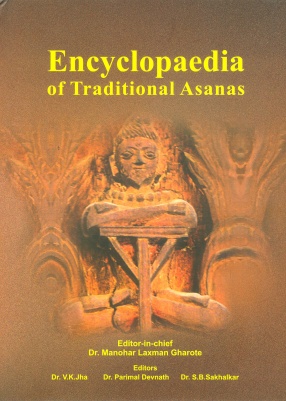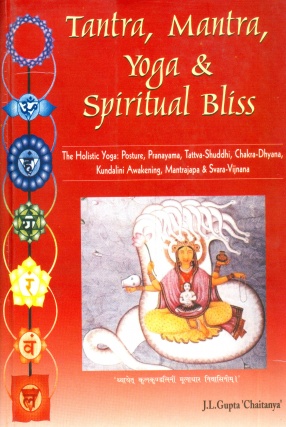The Role of Celibacy in the Spiritual Life
Synopsis
In considering the role of celibacy in the spiritual life, it is important to remember that, in the context of Hindu society, the subject of brahmacharya or celibacy or self-restraint does not necessarily have any connection at all with the spiritual life, or Sadhana (spiritual practices), or with Self-realisation as such. It is not normally discussed or recommended only with a view to promote spiritual life. The situation is totally different because of a certain uniqueness that has come to be part and parcel of the life of a Hindu in Indian-Hindu society. That uniqueness is that our ancients have drawn up a certain social structure and also a pattern of social life for the individual. In ancient India, a person's life was reckoned as 100 years, divided into four stages. The first stage was the student stage, or brahmacharya stage, where the young people were expected to study hard, build a good physique, cultivate a noble character and in all ways prepare themselves for their adult lives. During this first stage they were expected to observe strict celibacy. The second stage was the householder stage where the exercise of the sexual faculty was taken for granted and recognised as a legitimate part of human life. It was regarded as a fundamental, sacred duty of a family to create and offer progeny to form the next generation-for the perpetuation of society and also of the species. So here there was no question of celibacy in the strict sense of the term implying total abstinence. On the other hand, the exercise of sex was an indispensable duty for the householder. Of course, its exercise was not meant to be unbridled and unrestrained; otherwise it would be degrading. But it was given the full sanction of society and was considered to be something sacred and quite accepted. The third stage of life was the retired stage, when the couple turned over to their sons the burdens of earning a living and themselves turned their minds to higher things. Here again brahmacharya was expected. The lawgivers said: "Do you want to go on being just a physical creature, bound down to physical consciousness, all your life? Now, raise your consciousness, all your life? Now, raise your consciousness above its present total identification with the body and aspire to go higher" So they said, restraint is necessary. But peculiarly enough this restraint was not an ordinary restraint; it was a sort of a challenge. It became part of their Sadhana. Then during the fourth stage, one's entire life was to be devoted to God and God alone. One became a sannyasin, or monk, and then, of course, celibacy was automatically total. Therefore, the concept of brahmacharya was part and parcel of the Indian-Hindu social tradition. In its narrowest restricted sence, brahmacharya meant complete celibacy, but in its broader sense, as it could be applied to the life of a householder, it meant moderation and self-restraint, not abusing the sex function, and strict fidelity to one's partner.
Read more
8.00
7.2
$
8.89 $
Free delivery Wolrdwidе in 10-18 days
Ships in 2-4 days from New Delhi
Membership for 1 Year $35.00
Get it now and save 10%
Get it now and save 10%
BECOME A MEMBER











Bibliographic information